In 2020, Covid reinfections were considered rare.
In 2021, breakthrough infections in vaccinated individuals could occur, but again, the risk was low.
In 2022, that’s no longer the case for either. As more immune-dodging coronavirus variants emerge, reinfections and breakthrough infections appear increasingly normal.
The United States isn’t currently tracking Covid reinfections. However, U.K. researchers have found that the risk of reinfection was eight times higher during the omicron wave than it was in last year’s delta wave.
“I would not be surprised if we see people get infected more than once per year,” Dr. Anthony Fauci, chief medical adviser to President Joe Biden, said in an interview with NBC News last week, though he added that he feels optimistic that it will eventually settle into becoming just a seasonal occurrence, like the flu. (Fauci, who has received two vaccine boosters, himself tested positive for Covid on Wednesday, saying he has mild symptoms.)
Of course, just because reinfections are possible, doesn’t mean people should give up on all efforts to prevent them; staying up-to-date on vaccinations and wearing masks indoors in places with high transmission still work to lower risk.
Here’s what we know so far about reinfections.
Can I be reinfected if I’ve already had Covid, or been vaccinated or boosted?
To put it bluntly, yes. Experts are in agreement that reinfections are possible, even in people who have already been infected or those who are up-to-date on their vaccines.
“Reinfections, unfortunately, are not unusual for coronavirus,” said Akiko Iwasaki, a professor of immunobiology at Yale University. “It’s just the nature of this virus infection.”
The coronavirus that causes Covid is not unique — other types of coronaviruses that cause common colds can also reinfect, Fauci said. But those reinfections may occur every two or three years, because those viruses don’t change very much.
Full coverage of the Covid-19 pandemic
That’s not the case for SARS-CoV-2, and particularly the rapidly evolving omicron subvariants, which are good at evading existing immunity. Combine that with the fact that people’s immunity naturally wanes over time, Iwasaki said, and “it’s not that surprising to see a lot of reinfections now.”
That’s especially true for people who were infected with the original omicron variant, dubbed BA.1, in the winter. The BA.4 and BA.5 subvariants — currently gaining a foothold in the U.S. — are quite different from BA.1, so “it’s no guarantee” that having a past omicron infection will protect you from subsequent subvariants, she said.
How many times can I be reinfected?
It’s impossible to put an exact number on how many times a person can be reinfected, experts say.
With a high level of Covid currently spread in the U.S., any of us have a good chance of being exposed to someone who is contagious — and becoming reinfected.
Whether a person is reinfected depends on the strength of the immune response when the person was exposed, as well as whether he or she has been recently vaccinated, said Dr. Julie McElrath, director of the vaccine and infectious disease division at the Fred Hutchinson Cancer Center in Seattle. Multiple exposures to the virus — which may not necessarily lead to symptoms — could have a silver lining, McElrath said.
Each time a person is exposed, the immune response matures and improves.
“We should consider reinfection as part of the new normal,” she said. “The hope is that with these multiple exposures continually improving antibody response will occur.”
How long does Covid immunity last after infection?
Whether a person is less susceptible to reinfection in the weeks after an infection has not been specifically studied, Fauci said.
“We do not know, but in experience from other infections, if you’re infected, there’s probably a few months grace period where you really have enough ongoing immunity that you’re not going to get reinfected,” he said. “For the most part, you likely will have a few months period of protection. But after that, we are seeing that it does wane.”
That doesn’t mean reinfection in a shorter time period is impossible, however.
“Anecdotally, you’ll hear a case of someone who got infected and then four weeks later, they got infected again — that happens,” Fauci said.
If reinfected, will symptoms be milder or worse?
For the most part, reinfections are likely to be less severe than prior infection, thanks to higher levels of immunity.
“Normally, the reinfections are milder,” Iwasaki said. “It’s less likely that you get sicker the second time.”
She added that a person may have been vaccinated and boosted since their first infection, conferring higher levels of immunity to begin with. “And those types of infections tend to be milder.”
Whether you have gotten a mild infection or severe infection, there’s no guarantee for preventing future infection.
Akiko Iwasaki, Yale University
Fauci noted that “prior infection and the immunity induced by prior infection, as well as the vaccination induced immunity, continues to do quite well in protecting against severe disease.”
Still, some people may get sicker when reinfected; for example, if someone is exposed to a much higher amount of virus than the first infection, or if a person’s immunity against Covid has waned significantly, Iwasaki said.
Elderly people with underlying conditions or immunocompromised individuals, though vaccinated, may not be as protected against severe disease, even after prior infection, Fauci said.
Are certain people more vulnerable to reinfection?
Public Health England, the British equivalent to the U.S. Centers for Disease Control and Prevention, regularly tracks reinfections.
According to PHE’s most recent analysis, from mid-May, people who were unvaccinated, younger or had a mild or asymptomatic infection with a lower viral load were more likely to be reinfected.
Iwasaki said that those who have more severe infections tend to develop a more robust immune response to the virus. Even so, that immune response will wane over time.
“Whether you have gotten a mild infection or severe infection, there’s no guarantee for preventing future infection,” she said.
Am I more likely to develop long Covid if I get reinfected?
As of now, there’s no evidence that a repeat infection is more likely to lead to long Covid, or lingering symptoms after an infection, Fauci said.
Iwasaki agreed, adding that while it’s unlikely multiple infections could increase risk for long Covid, scientists just don’t know yet.
“Immunologically, it’s unlikely that you’re going to develop long Covid after a second or third infection because you’ve already developed some levels of immune responses,” Iwasaki said.
But, she added, she wouldn’t make any bets on that.
“That data’s just not available right now.”
Follow NBC HEALTH on Twitter & Facebook.

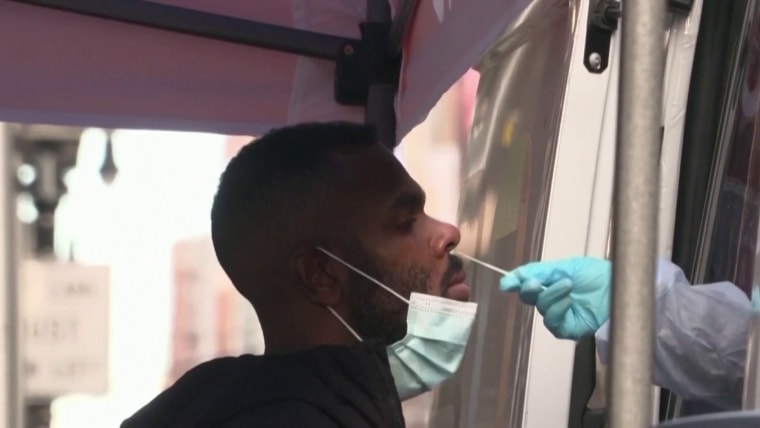
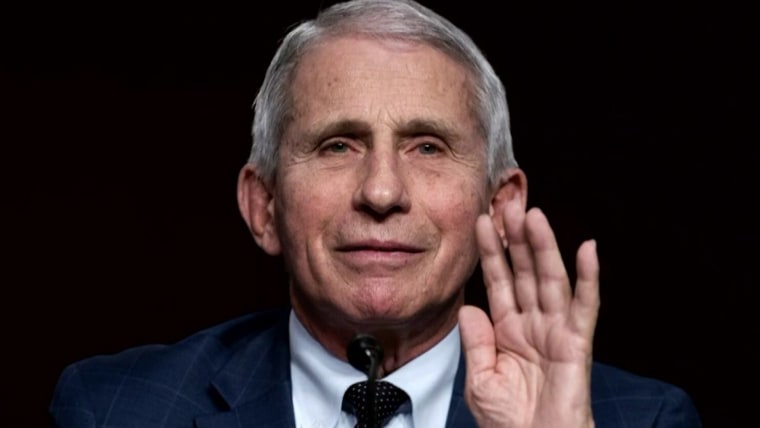
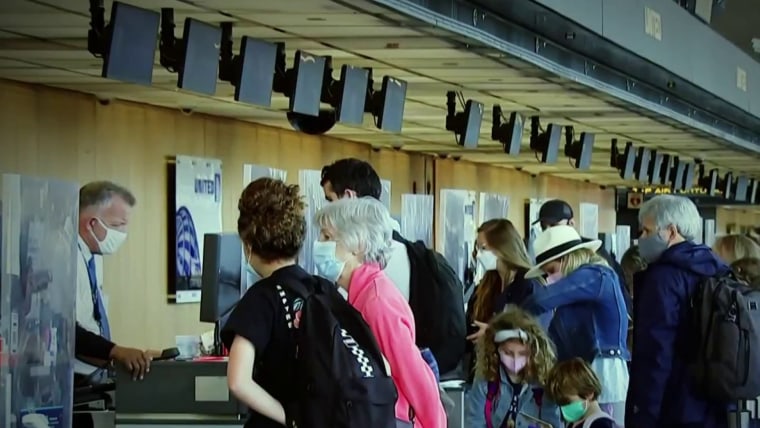
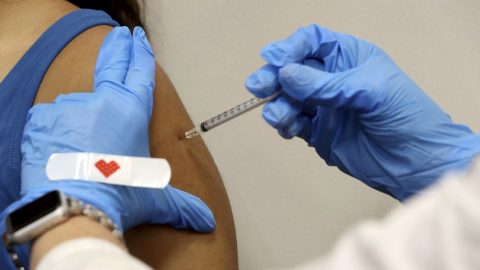
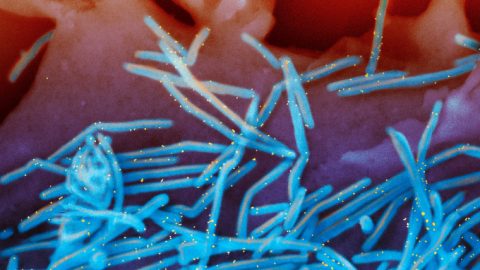
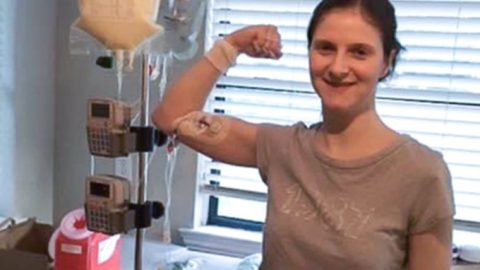

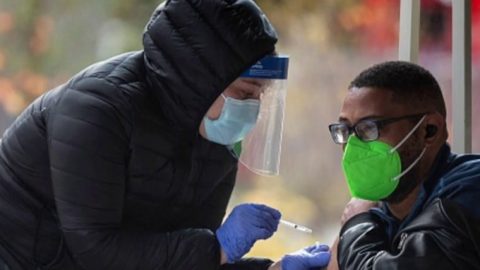

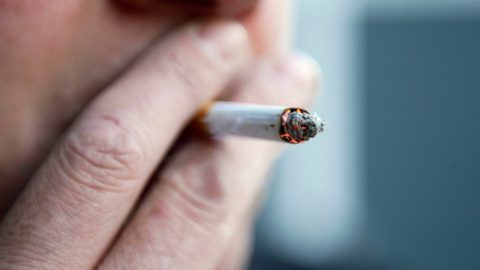
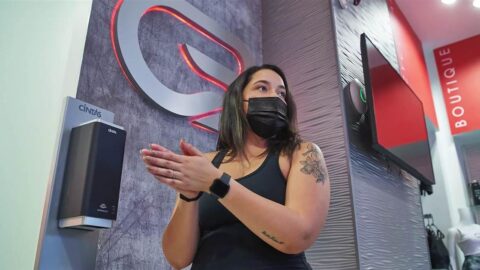
Recent Comments